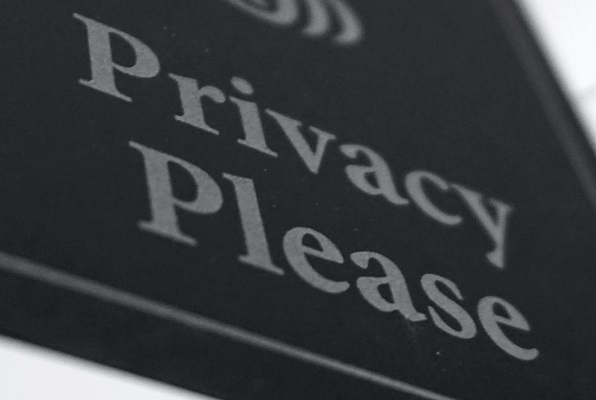Some of you will have clicked the headline to provide the obvious answer to the question, so let me save you some carpel tunnel—there is no need to mouse-scroll or swipe to the bottom to comment. Yes, the Second Amendment helps protect all the other rights, enumerated or not. That’s not what I meant. I’m referring to HB1186, which states that Credit card companies cannot require or use merchant codes in New Hampshire specific to firearms, accessories, or ammunition. They “may only use or be assigned a merchant category code for general merchandise retailers or sporting goods retailers.”
Rep. Jason Janvrin, a Seabrook Republican, said he framed this as an extension of a state constitutional amendment, the Right to Live Free from Government Intrusion in Private and Personal Information, which passed in 2018 with flying colors in a ballot referendum. Eighty-one percent of voters approved that amendment.
“Owning a firearm is protected under our constitution,” Janvrin said. “Commerce in a legal product should not be tracked.”
Concord Monitor
A few thoughts. First, Democrat promotion for the original constitutional amendment is a product of their support for abortion. Period. At no point were they interested in anything other than using this to promote a right to privacy that does not exist in the US Constitution despite any shadows of the Penumbras argument made moot by Dobbs v Jackson. Liberal States began amending Constitutions to include privacy or reproductive freedom rights to protect abortions, so the idea that NH Amendment 2-b has been used (at least rhetorically) to secure gun owners’ rights to privacy has to have snapped at least a few progressive twigs, and kudos for that.
Second, HB1186 is an ACT relative to firearm purchasers’ privacy. The act, now law, relates specifically to commerce and prohibits the collection or sharing of transaction-specific data with the federal government. I have remarked elsewhere that NH 2-b had the potential to undermine Central Bank Digital Currencies’ presumed goal of spying on everyone’s commerce—not the currency, just the spying—if enforced and convenient to the goals of the state.
There are any number of things the state has done since [the addition of 2-b] that likely violate it, how could it not, to which we should add the growing movement to introduce a national digital currency. An electronic central ‘dollar’ would allow regulators doing business as police state spies to observe your transactions and, in more extreme cases, limit what you could buy, how much, or how often.
Some would scoff at such an idea, but these are many of the same people who didn’t ask why the IRS needs to know when you spend more than 300.00 (later changed to 600.00) on anything. That government would use big banking and big tech to run algorithms to detect spending habits down to the dollar, which would raise flags that might trigger alerts. A CBDC makes every penny traceable.
HB1186 confirms (and I agree this is thin gruel but gruell nonetheless) in chaptered law that there is a case for the right to transactional privacy in regard to commerce. How that translates looking forward depends on partisan majorities, future lawmaking, and the goals of the state. A Democrat governor would sign a bill repealing transactional privacy rights without blinking, as well as a conga line of bills turning law-abiding gun owners into criminals who must jump through ever more hoops to exercise any rights. And privacy is not a right the Left wants you to have, so it too is transactional. The exchange takes place at the ballot box, every election, every race.
We are not one generation away from losing liberty. We are one election away, every election. Whatever win we claim from bills like HB1186 is fleeting at best but necessary. In defense of human liberty, we will always be pushing an ever larger rock up an increasingly steeper incline. It will never get easier and never be less necessary, for were we to give up, the progressives would let it crush us without any remorse.
Tyranny is easy, just do nothing. Freedom, that’s hard.
